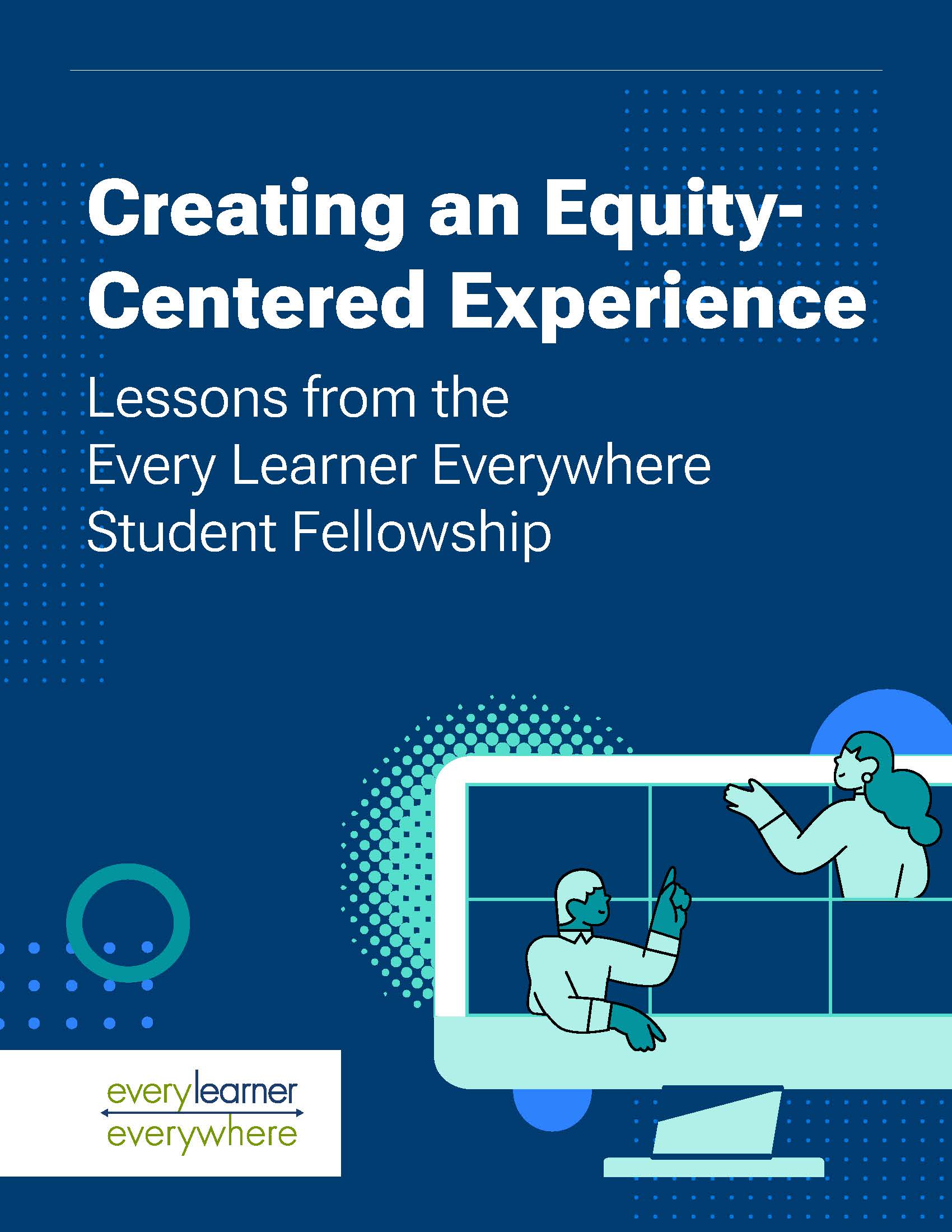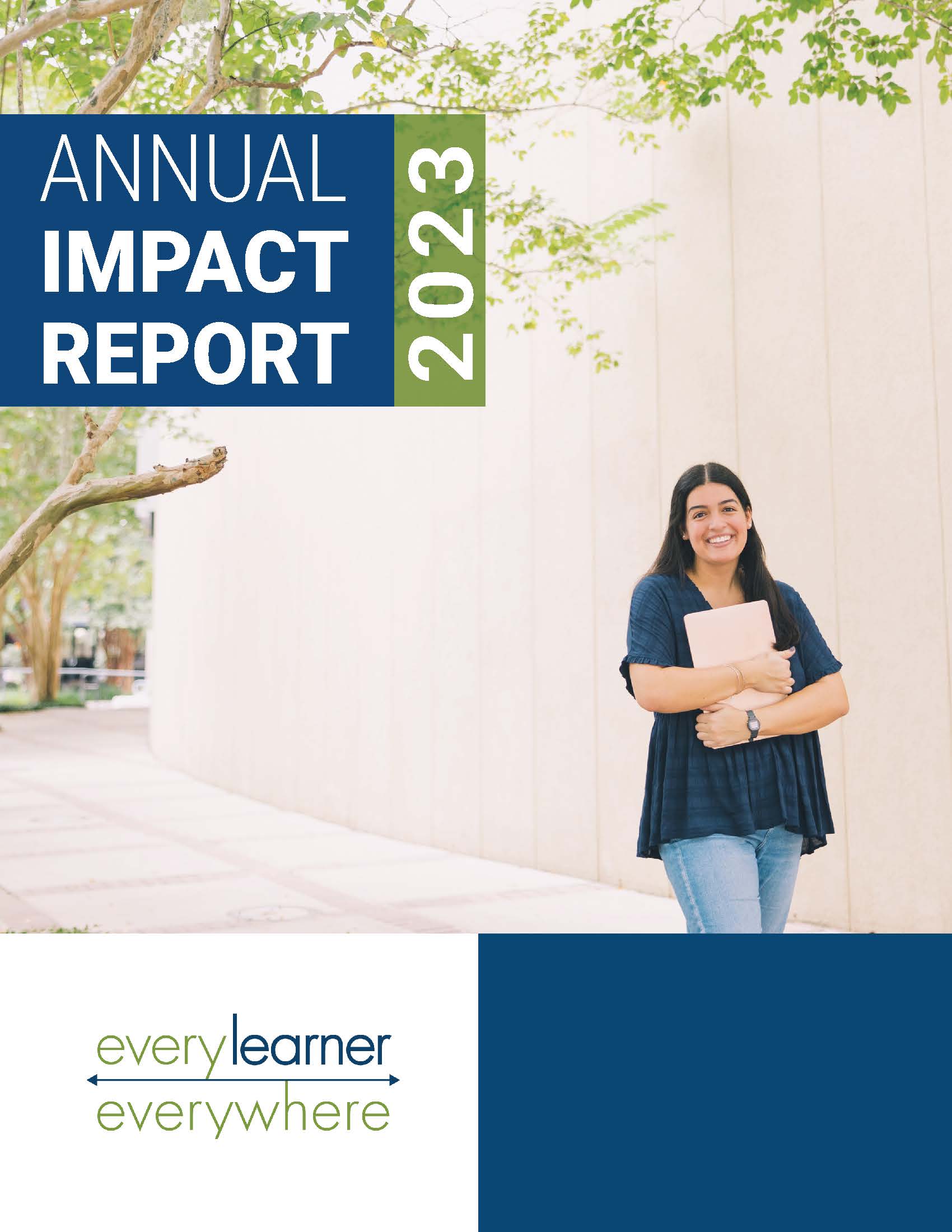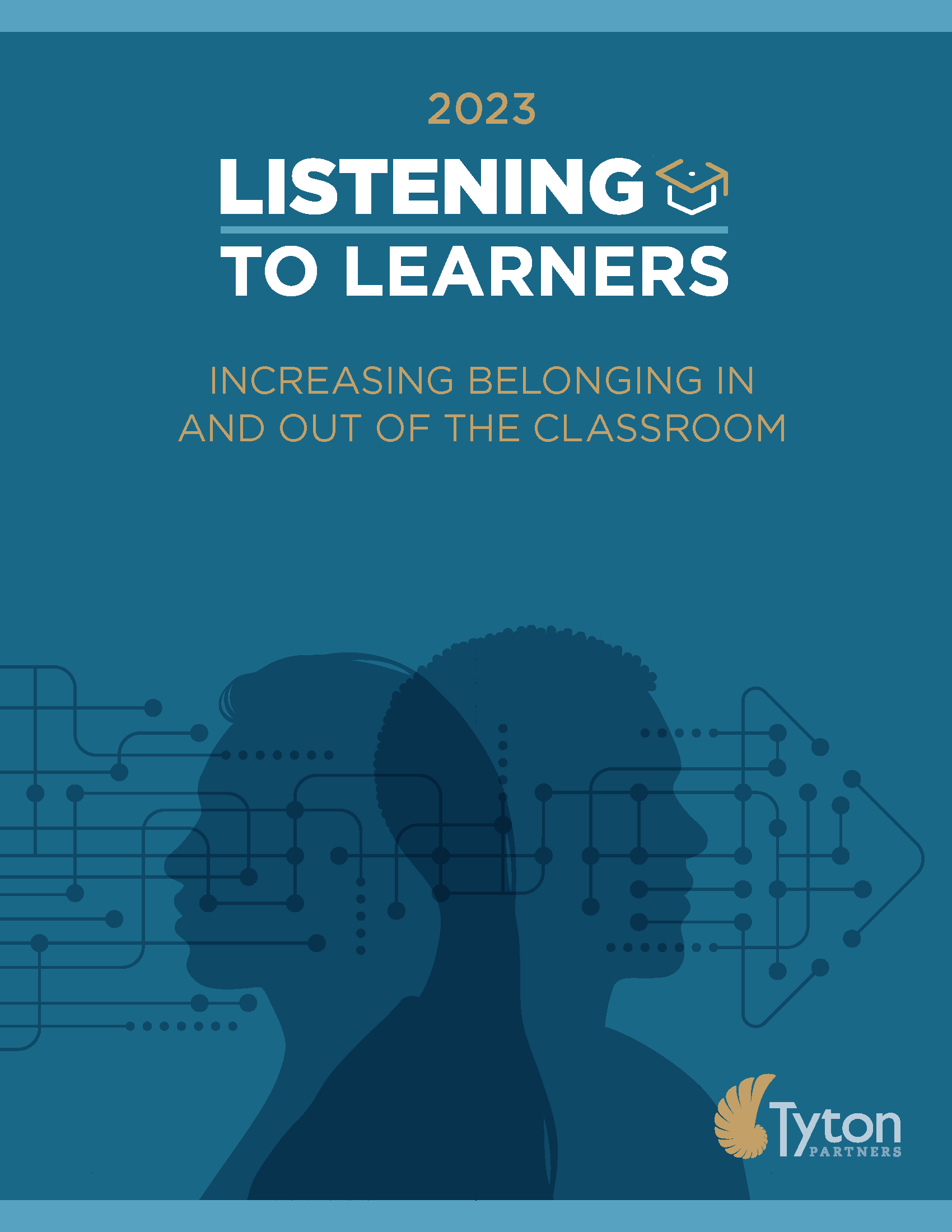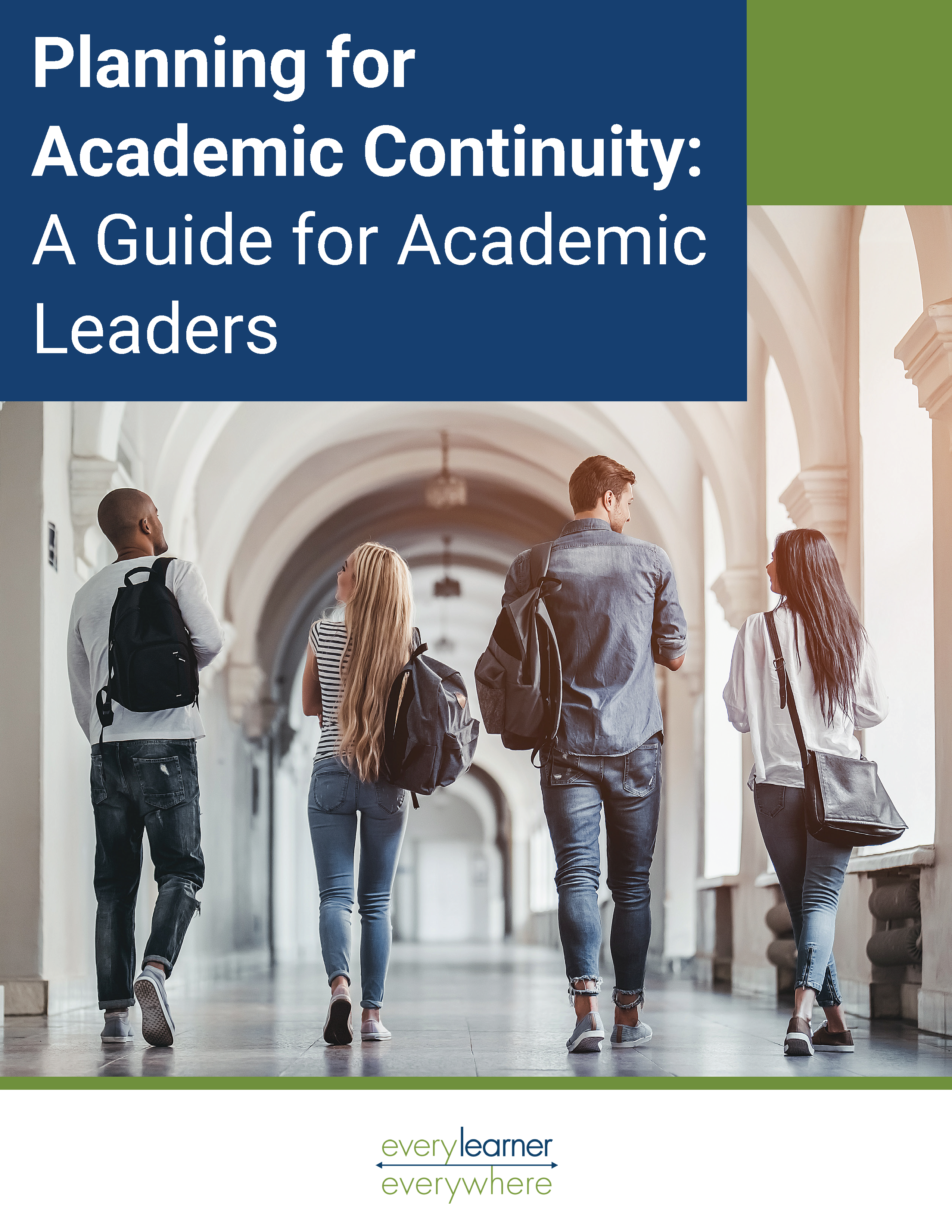Fellowships can greatly benefit students, while also providing an opportunity for organizations to meaningfully incorporate student voice into their work. Creating an Equity-centered Experience: Lessons from the Every Learner Everywhere Student Fellowship provides guidance to organizations and institutions seeking to establish equity-centered fellowships for community members and students. The document covers:
- An overview of the Every Learner Everywhere Fellowship program
- Best practices and learnings for organizations undertaking similar work
- Potential challenges and how to address them
This document was written by the managers of the Every Learner Fellowship with input from Fellowship alumni themselves. While this document is framed within the context of the development of the Every Learner Fellowship, its learnings can be applied more broadly to any current or future program that is seeking to be more equitable in its work and its approach to working with Fellows.
Download Creating an Equity-Centered Experience





